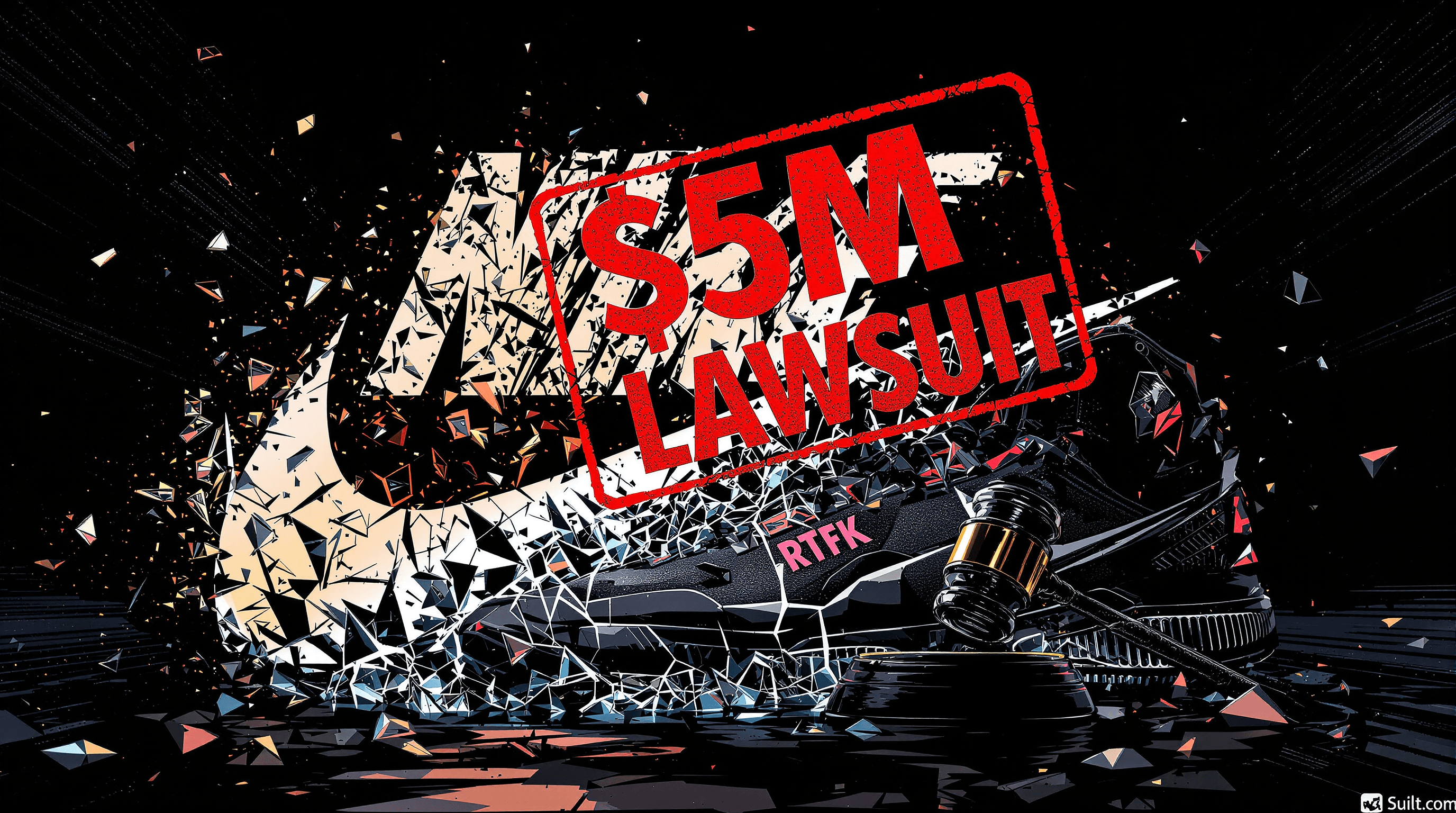Nike is in hot water after a group of NFT buyers filed a lawsuit, claiming they were misled by the brand’s virtual sneaker venture, RTFKT. The lawsuit demands over $5 million in damages and alleges Nike sold unregistered securities in the form of NFTs.
Nike Sued Over NFT Project RTFKT: What You Need to Know
Nike is facing a major lawsuit worth over $5 million after shutting down its NFT project, RTFKT. The lawsuit, filed in New York’s Eastern District, accuses the sportswear giant of misleading customers who bought digital sneakers and other virtual collectibles. Many NFT holders say they were blindsided when Nike suddenly decided to shut down RTFKT, calling it a "rug pull."
Buyers of the digital assets claim they wouldn't have purchased Nike’s NFTs if they had known they were unregistered securities. Now, they’re fighting back with a proposed class action lawsuit for violations of consumer protection laws in New York, California, Florida, and Oregon.
Nike's RTFKT NFT Venture Was Short-Lived
Nike entered the world of NFTs in 2021 by acquiring RTFKT, a startup known for its digital sneakers and the CloneX NFT project. The move was supposed to help Nike dominate the metaverse and digital fashion space. But things didn’t go as planned.
Just like Starbucks’ failed NFT experiment, Nike quietly announced in December 2024 that it would be winding down RTFKT by January 2025. That announcement came through a post on RTFKT’s X (formerly Twitter) account — and shocked many NFT buyers.
RTFKT’s Decline Sparks Frustration
Since the announcement, RTFKT has reportedly been run by just one person, Samuel Cardillo. On social media, he’s been the only one updating users about the sudden disappearance and reappearance of CloneX NFT artwork. For many NFT holders, this only added more confusion and frustration.
Why Nike’s NFT Lawsuit Matters
This lawsuit raises important questions about the future of NFTs, digital collectibles, and how major brands handle virtual assets. It also highlights growing concerns around consumer rights, unregistered securities, and the responsibilities of companies in the Web3 space.


